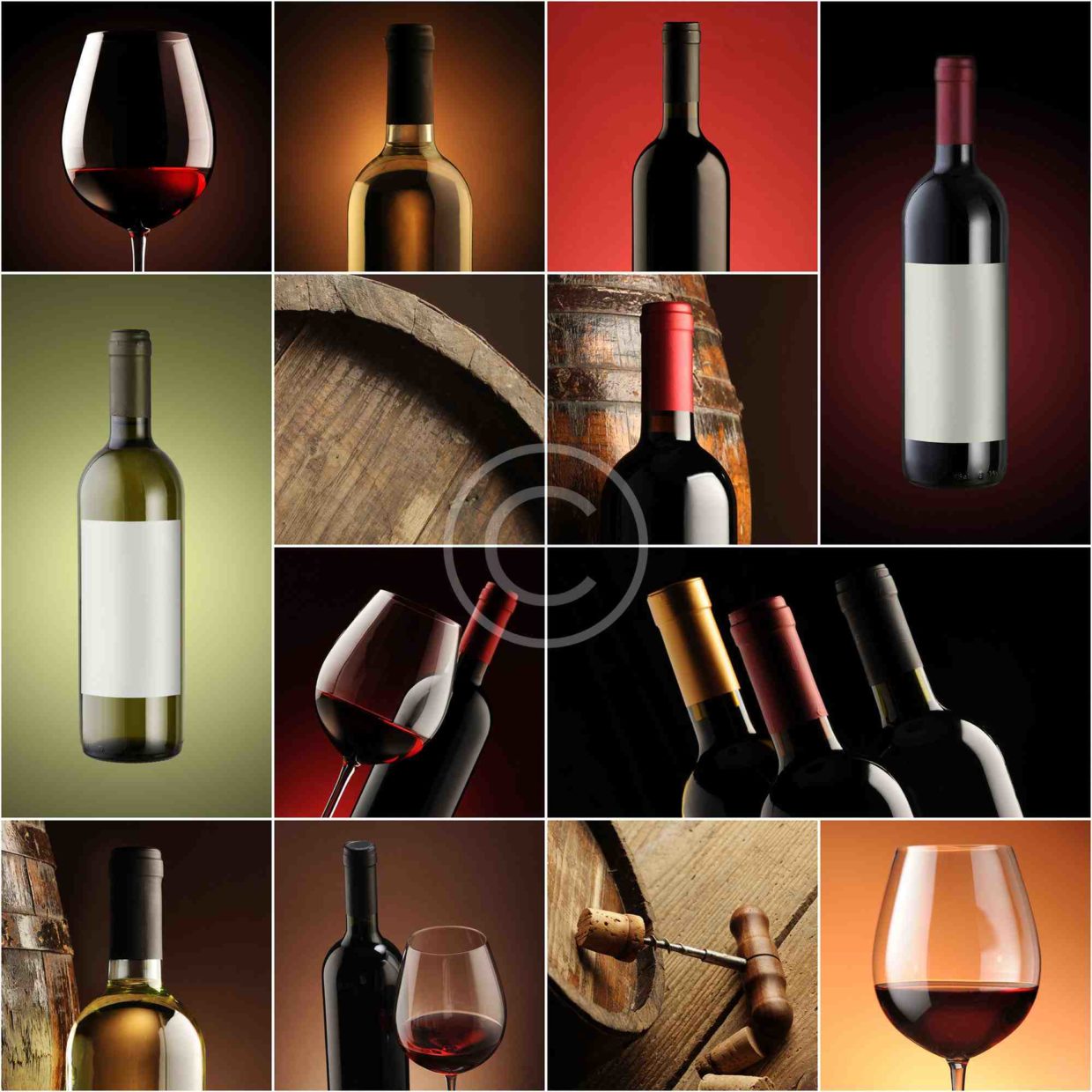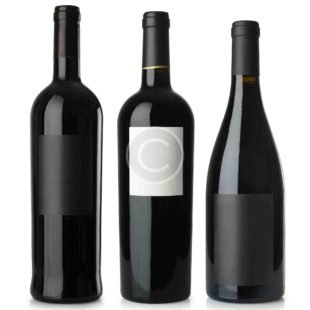Health Effects of Wine

Although excessive alcohol consumption has adverse health effects, epidemiological studies have consistently demonstrated that moderate consumption of alcohol and wine is statistically associated with a decrease in cardiovascular illness such as heart failure. Additional news reports on the French paradox also back the relationship. This paradox concerns the comparatively low incidence of coronary heart disease in France despite relatively high levels of saturated fat in the traditional French diet. Some epidemiologists suspect that this is due to higher wine consumption by the French, but the scientific evidence for this theory is limited. Because the average moderate wine drinker is likely to exercise more often, to be more health conscious, and to be from a higher educational and socioeconomic background, the association between moderate wine drinking and better health may be related to confounding factors or represent a correlation rather than cause and effect.
Population studies have observed a J-curve correlation between wine consumption and the prevalence of heart disease: heavy drinkers have an elevated prevalence, while moderate drinkers (up to 20g of alcohol per day, approximately 200 ml (7 imp fl oz; 7 US fl oz) of 12.7% ABV wine) have a lower prevalence than non-drinkers. Studies have also found that moderate consumption of other alcoholic beverages is correlated with decreased mortality from cardiovascular causes, although the association is stronger for wine. Additionally, some studies have found a greater correlation of health benefits with red than white wine, though other studies have found no difference. Red wine contains more polyphenols than white wine, and these could be protective against cardiovascular disease.
A chemical in grapes, red wine, peanuts and blueberries called resveratrol has been shown to have both cardioprotective and chemoprotective effects in animal studies. Low doses of resveratrol in the diet of middle-aged mice has a widespread influence on the genetic factors related to aging and may confer special protection on the heart. Specifically, low doses of resveratrol mimic the effects of caloric restriction—diets with 20–30% fewer calories than a typical diet. Resveratrol is produced naturally by grape skins in response to fungal infection, including exposure to yeast during fermentation. As white wine has minimal contact with grape skins during this process, it generally contains lower levels of the chemical. Beneficial compounds in wine also include other polyphenols, antioxidants, and flavonoids.
Red wines from the south of France and from Sardinia in Italy have the highest levels of procyanidins, compounds in grape seeds which could be responsible for red wine’s heart benefits. Red wines from these areas contain between two and four times as much procyanidins as other red wines tested. Procyanidins suppress the synthesis of a peptide called endothelin-1 that constricts blood vessels.









